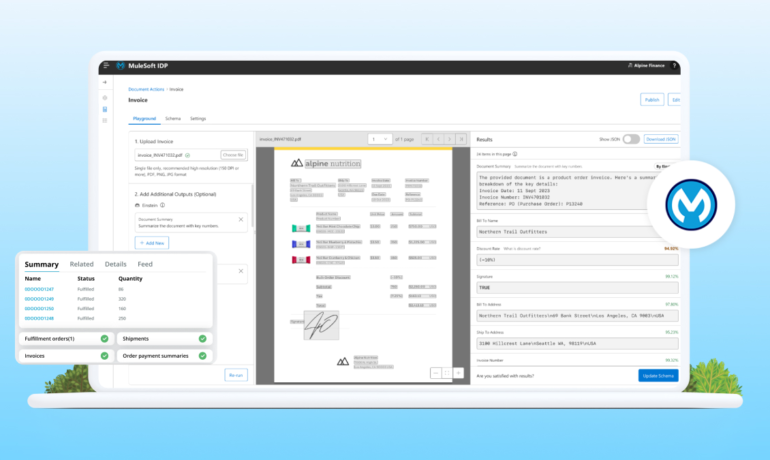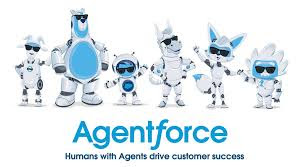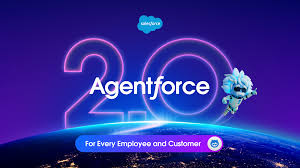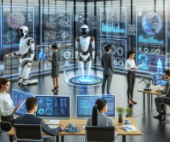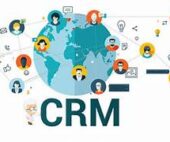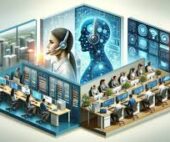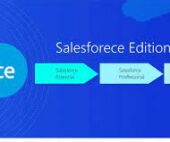Digital Transformation for Tourism
The digital revolution is in full swing, with individuals and businesses increasingly interacting through social networks and digital devices. In this new era, consumers have grown more discerning, leveraging mobile technology to make informed decisions about products, services, and trusted providers. As mobile apps become integral to daily life, organizations are compelled to reinvent their customer value propositions and operating models through digital transformation to remain competitive in today’s market. Digital transformation has become a critical priority across industries, with the tourism sector standing out as a prime example of significant disruption driven by digital technologies. According to McKinsey & Company, the tourism industry has been undergoing a digital revolution for over a decade, transforming how travelers plan, book, and experience their trips. This shift has led to changing consumer behaviors, with travelers now demanding more personalized and seamless experiences. The push toward digital adoption in tourism is accelerating. A Skift survey found that 83% of respondents view digital transformation as a top priority. Tourism businesses are increasingly investing in technology to enhance customer experiences, optimize operations, and drive revenue growth. To boost enterprise agility, companies must make strategic decisions across five key dimensions of their operating models: One of the most notable impacts of digital transformation is the revolution in the booking process. Travelport Digital estimates that over 700 million people will book trips online by 2023, marking a 15% increase from previous years. Key statistics highlight this global shift in traveler preferences: Mobile apps have become essential tools for travelers, enabling them to research, plan, and book trips seamlessly. In the hospitality and tourism sector, key digital transformation trends include: Emerging technologies like cognitive computing, omnichannel models, and advanced personalization are further reshaping the future of the industry. Artificial intelligence (AI) and machine learning are increasingly used to tailor travel experiences based on consumer preferences and behaviors, as noted by GlobalData. AI also improves operational efficiency, with chatbots handling customer inquiries effectively. Augmented reality (AR) and virtual reality (VR) are enhancing customer experiences by allowing travelers to explore destinations virtually before booking. Meanwhile, social media continues to play a pivotal role in promoting tourism businesses and reaching new audiences. In conclusion, digital transformation is no longer optional for tourism businesses—it is a necessity to remain competitive. The adoption of digital technologies has fundamentally reshaped the travel experience, and businesses must embrace this evolution to meet changing consumer expectations and maintain relevance in an increasingly digital world. Like1 Related Posts Salesforce OEM AppExchange Expanding its reach beyond CRM, Salesforce.com has launched a new service called AppExchange OEM Edition, aimed at non-CRM service providers. Read more The Salesforce Story In Marc Benioff’s own words How did salesforce.com grow from a start up in a rented apartment into the world’s Read more Salesforce Jigsaw Salesforce.com, a prominent figure in cloud computing, has finalized a deal to acquire Jigsaw, a wiki-style business contact database, for Read more Service Cloud with AI-Driven Intelligence Salesforce Enhances Service Cloud with AI-Driven Intelligence Engine Data science and analytics are rapidly becoming standard features in enterprise applications, Read more


